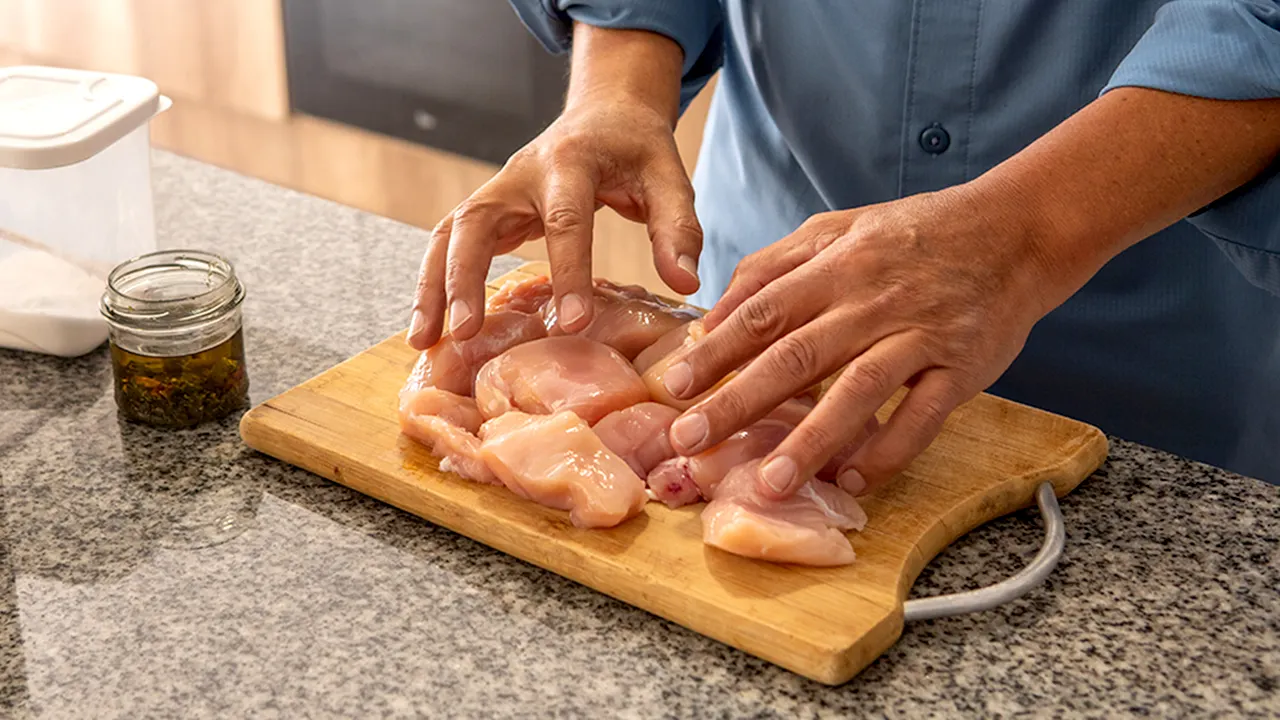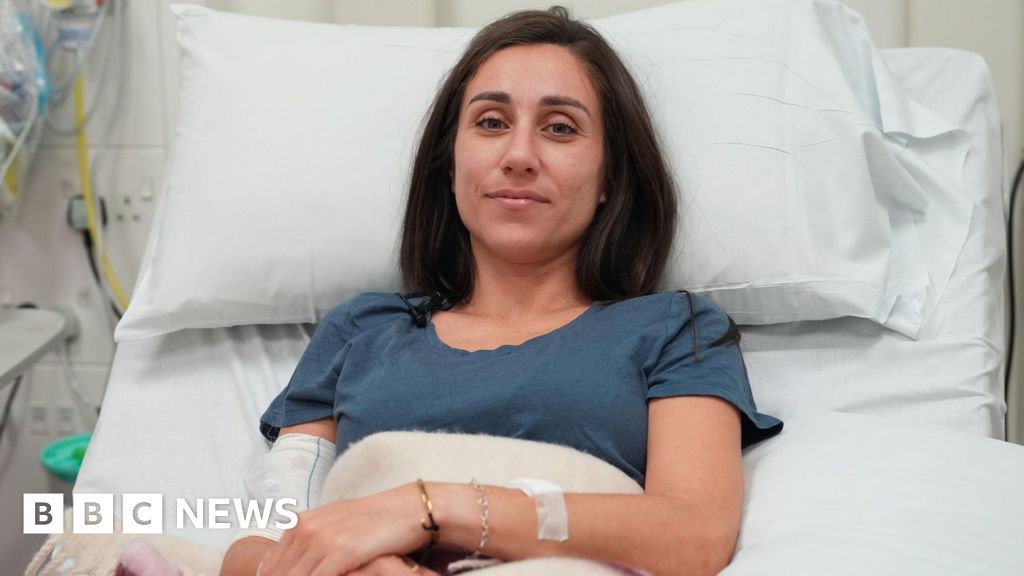NEWYou can now listen to Fox News articles!
Like all beagles, Iceman has an incredible sense of smell. His nose is so powerful, it’s used to sniff out cancer. Using the beagles’ remarkable sense of smell, health startup ‘Spotitearly’ has created a test for people to get pre-screened for cancer as a way to increase chances of early detection. “Only 14% of the newly diagnosed cancers in the U.S. are done so through the routine screening. So not a lot of people are actually getting those tests on time,” says CEO Shlomi Madar.
The test is simple, according to Madar, “All we ask from the patient is to wear a mask for a few minutes, breathe into it, put it in a capsule and send it back to the lab.” Once the sample is back at the lab, the beagles get to work looking for the four most common types of cancer – breast, colorectal, prostate, and lung. In ‘Spotitearly’s’ initial clinical trials, they report, the dogs detected cancer with 94% accuracy. “We pride ourselves as being able to detect cancer as early as stage one,” he says, “If you detect cancer early enough, you can actually increase survival rate up to 99%.”
The pups are picked for the job because their sense of smell is 100,000 times more sensitive than ours, allowing them to detect the equivalent of half a teaspoon of sugar in an Olympic-sized swimming pool. In the lab, their puppy power is coupled with artificial intelligence to detect cancer in the breath sample. “We monitor the dogs’ behavior and physiological signals. So, we look at things like their heart rate, their acceleration,” Madar explains, “And all that plethora of information is being fed into a machine learning algorithm. So, it actually gets better with time.”
Each beagle must be trained as a sniffer dog already to even be considered. Then they go through a rigorous training process – specifically aimed at identifying specific types of cancer. “We use a lot of redundancy. So, every sample is being sniffed not by one dog, but the entire pack, and more than once,” Madar notes.
Results are provided by a healthcare professional within days, who will recommend next steps with a positive test. Madar notes this screening isn’t meant to replace going to a doctor. And, while it is still in clinical studies in the United States, you can pre-order a test kit, expected to be commercially available next year.
Madar says ‘Spotitearly’ can detect even more types of cancer as long as they train new packs to sniff them out. He adds that any dogs who don’t pass training are donated to special needs families.





